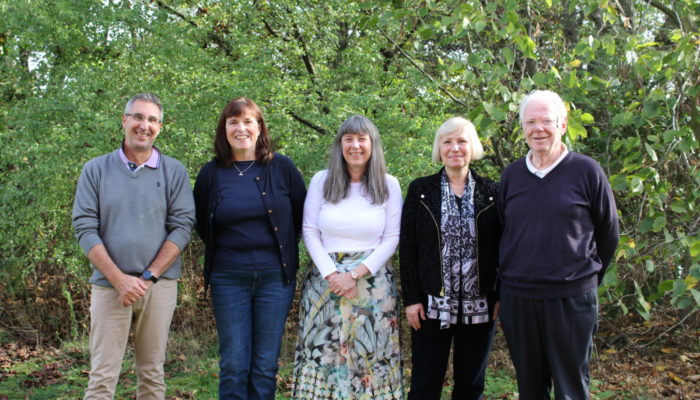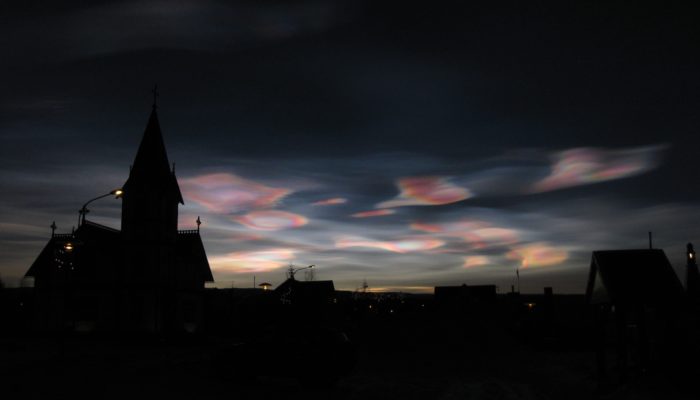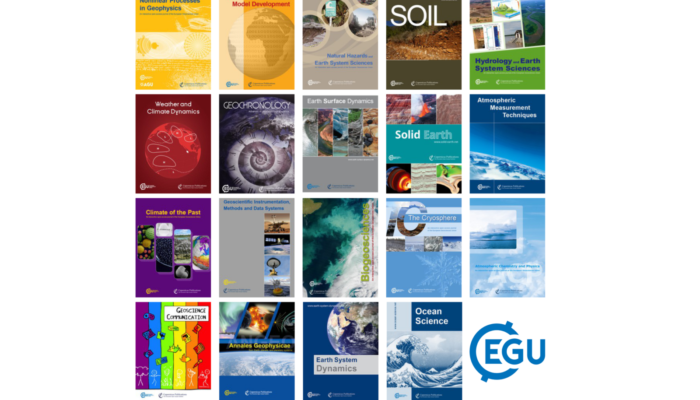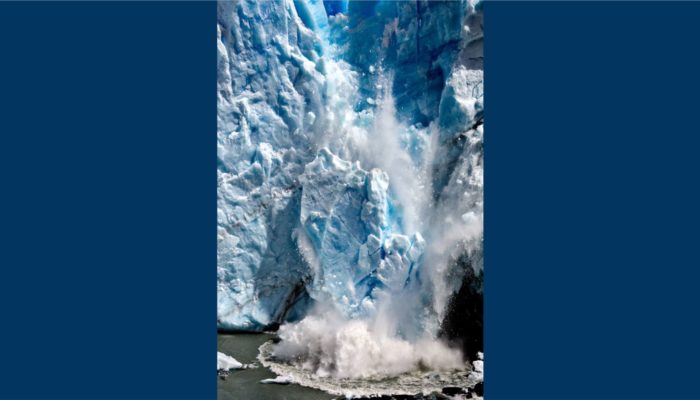For the first time in our history both EGU’s President and Vice-President are women – in fact most of our volunteer senior leadership team is compromised of outstanding women in science, our current President Helen Glaves, our Vice-President Irina Artemieva who will become President at the next General Assembly, and our General Secretary Jane Hart. This year for International WomenR ...[Read More]
EGU’s President Helen Glaves and Vice-President Irina Artemieva discuss leadership in science!




